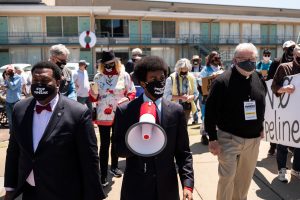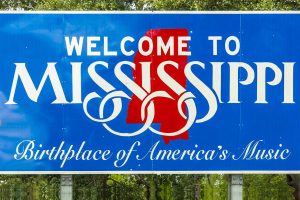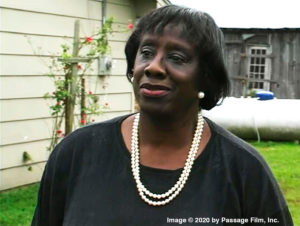
From Memphis to North Mississippi, Ida B. Wells’ Words Hit Mark on Byhalia Pipeline
“Eternal vigilance is the price of liberty,” said Wells, in whose honor a statue will be unveiled Friday morning July 23, 2021 on Beale Street. The vigilance she speaks of doesn’t assume every act is sinister, but it does implore us—especially journalists—to listen when disenfranchised people speak out, to be relentless in pursuit of truth in any issue, and never dismiss the plight of historically overlooked people.











